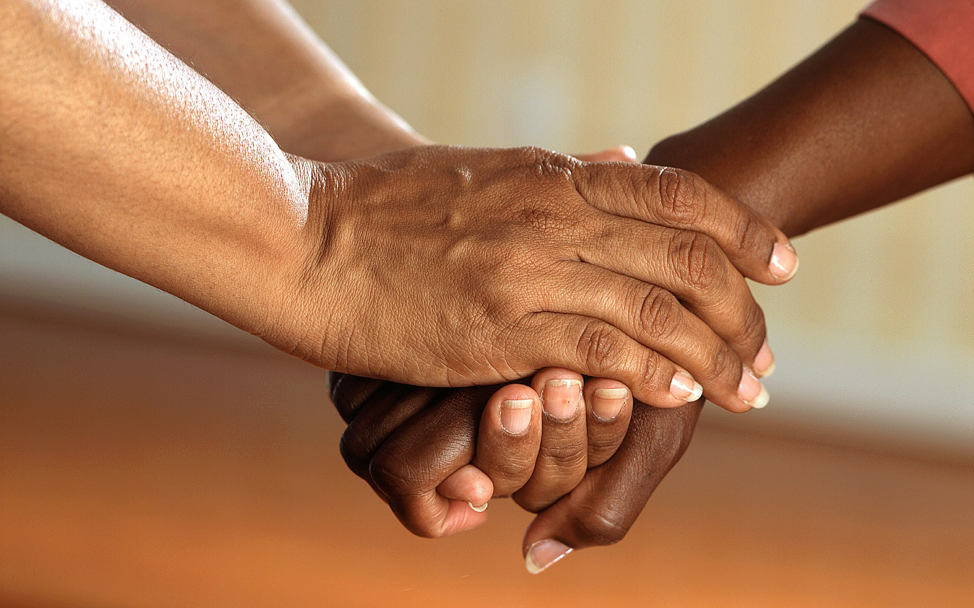
*If you are thinking of harming yourself, call the National Suicide Prevention Line or 911*
Mental health and addiction can be tough issues to deal with. If your battles with addiction, depression, or anxiety are beginning to feel like too much, it’s important to know when to reach out for help. Suicide is a serious yet complicated risk for those suffering from depression, experiencing trauma, or dealing with substance abuse problems. With these helpful insights, you can learn to spot the warning signs of self-harm, in yourself as well as loved ones.
Stay Mindful of Suicide Warning Signs
It can be hard to predict when someone is thinking of suicide, but common signs can present themselves. Often, a depressive episode that leads to suicidal thoughts is punctuated by a sudden downturn in mood. Pay attention to feeling sad more often than not, or subtle signs of depression, like sleeping too much or not sleeping enough. If you begin to experience these symptoms, you may be beginning to experience one of these depressive states. Feelings of isolation, loneliness or unbearable pain are also dangerous indicators that can be warning signs of suicidal thoughts or intentions.
Talking about death or suicide, even casually or jokingly, can also be an indicator that it is time to seek help. These signs may not show up altogether, so it’s important to be able to recognize when one red flag pops up, so you can act immediately.
Often, addiction can often play a role in depression and suicidal thoughts too. According to Dr. Carolyn Ross, a third of those who commit suicide are under the influence of substances. So, if you or a loved one is struggling with an addiction, or are experiencing a relapse in recovery, connect with a counselor ASAP who can help get you back on track.
Create a Self-Harm Safety Plan
One of the things you can do to prevent a suicidal episode for yourself is to create a “safety plan.” When creating your safety plan, consult a therapist to ensure your steps will indeed keep you safe from harm.
One of the first things you can include is a list of activities you can do to turn your mood from negative to positive. These could be any healthy activity, such as taking a relaxing shower, practicing aromatherapy, engaging in a sport or working out, or even putting on your favorite comedy while you sketch or journal.
Next, write a list of your reasons for living. This could be anything that has meaning to you, from caring for pets, to seeing a specific loved one, to attending a concert a month from now.
A gratitude journal is also important as a reminder of the things you’re thankful for each day. Also, include a list of people you can call when you truly feel desperate. A friend, your therapist, or even a national crisis line can be beneficial in helping you make it through an episode.
Finally, limit access to dangerous items during these periods, including drugs, weapons or anything that could cause harm or trigger more suicidal feelings.
If you feel that none of these methods are helping you cope, seek the help of a clinical social worker. Professionals in this field possess a Master of Social Work degree from an accredited university, and many students are required to spend time doing fieldwork prior to completing the program. Clinical social workers can help assess your mental health, help guide you through therapeutic processes, and teach you the skills you need to help yourself.
Take Care of Yourself
When you feel depressed, it’s easy to let your eating habits degrade and to not be bothered with daily routines including showering. Self-care can seem impossible when you feel so down and anxious. However, it’s important to maintain those healthy habits, because that’s how you can help your body and mind begin to feel better. Reward yourself if you must, but know that basic self-care can make so much difference to your mental health.
Also, avoid isolating yourself from other people. Maintain your friendships and spend time with loved ones. You may not feel like connecting, but you need to force yourself during those dark times. Healthy pleasures and social connections are crucial for your emotional well-being.
Being aware of the signs of suicide — or even severe depression — can be beneficial for your mental health. Even more important, this awareness can help prevent you from harming yourself or even help you save the life of someone you love.
Image courtesy of Pixabay
